As part of the Great Lakes One Water (GLOW) partnership, and in collaboration with the Superior Watershed Partnership, the Community Foundation of Marquette County is proud to announce the completion of four rain gardens in the City of Marquette.
The Great Lakes One Water partnership is a multi-year, basin-wide initiative focused on engaging shoreline community foundations as a force to advance a new era of water management to benefit people and businesses in the Great Lakes Basin. Led by the Council of Michigan Foundations, the Community Foundation of Marquette County served as the hub for the Lake Superior/Upper Peninsula region. Each partner in the region, with local collaborators, developed a project to advance water infrastructure to improve health, economic development and equity in their communities.
This spring, the Community Foundation of Marquette County, with major logistical support from the Superior Watershed Partnership (SWP), announced the Rain Garden Challenge, an open call for applications to install rain gardens in the City of Marquette. Rain gardens are a sustainable and cost-effective way to absorb stormwater, avert flooding, and prevent harmful pollutants—such as lawn fertilizers and pesticides, automotive fluids, and dirt and debris—from entering the Great Lakes. A panel of experts reviewed the applications to select four sites based on location, including elevation, relation to stormwater runoff and potential for public education.
Despite minor delays due to COVID-19, the SWP’s Great Lakes Conservation Corp installed four rain gardens this summer: two located at residences, one at a the McDonald & Wolf Law Office adjacent to the bike path in Lower Harbor Park, and an educational rain garden at Bothwell Middle School. Funding for the purchase and installation of materials was made possible by the GLOW project.
Gail Anthony, CEO of the Community Foundation of Marquette County said, “We are honored to work with the Superior Watershed Partnership on another successful project. The goal of the project was to show how individuals, businesses and organizations can do their part to protect the lake that we all love. With a small investment and some elbow grease, anyone can have a beautiful natural habitat in their own yard that also helps preserve our fresh water. Pedestrians and bicyclists will have the opportunity to read the educational signage and students at Bothwell Middle School will enjoy an outdoor classroom for years to come. This will all add up to a greater understanding and appreciation of the interconnected water systems we all depend on.”
SWP Executive Director Carl Lindquist agreed, “Community projects like this show the power of local organizations working together to protect Lake Superior. It’s important to point out that this is more than gardening; these projects are a classic example of “green infrastructure.” You could also look at them as a series of small Great Lakes protection projects. The SWP staff looks forward to many more collaborative community projects like this!”

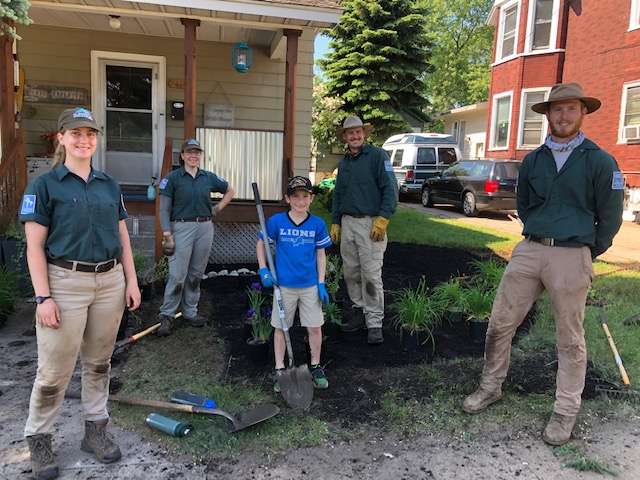
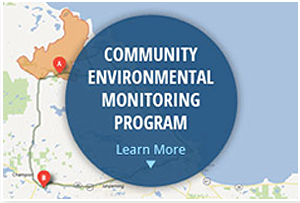
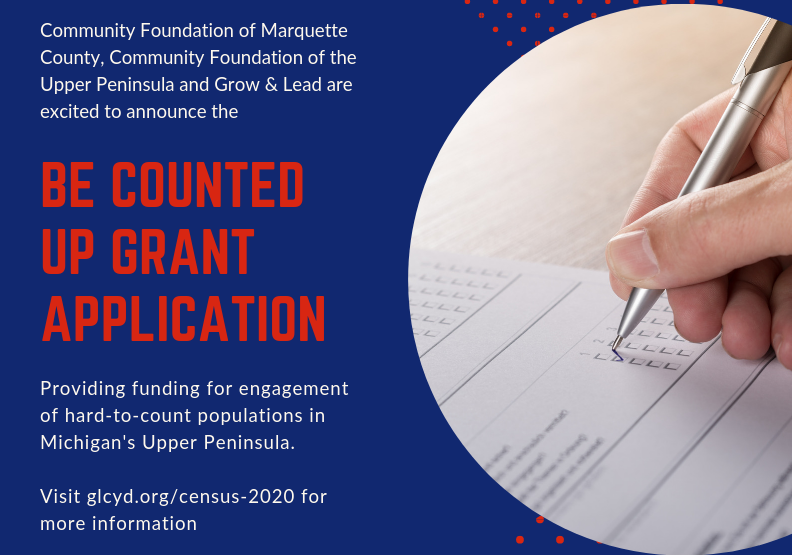
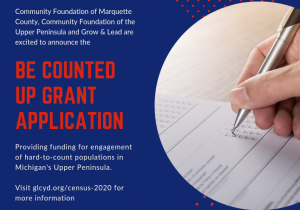 Community Foundation of Marquette County is excited to partner with
Community Foundation of Marquette County is excited to partner with 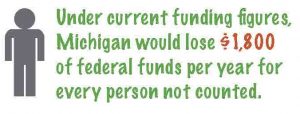
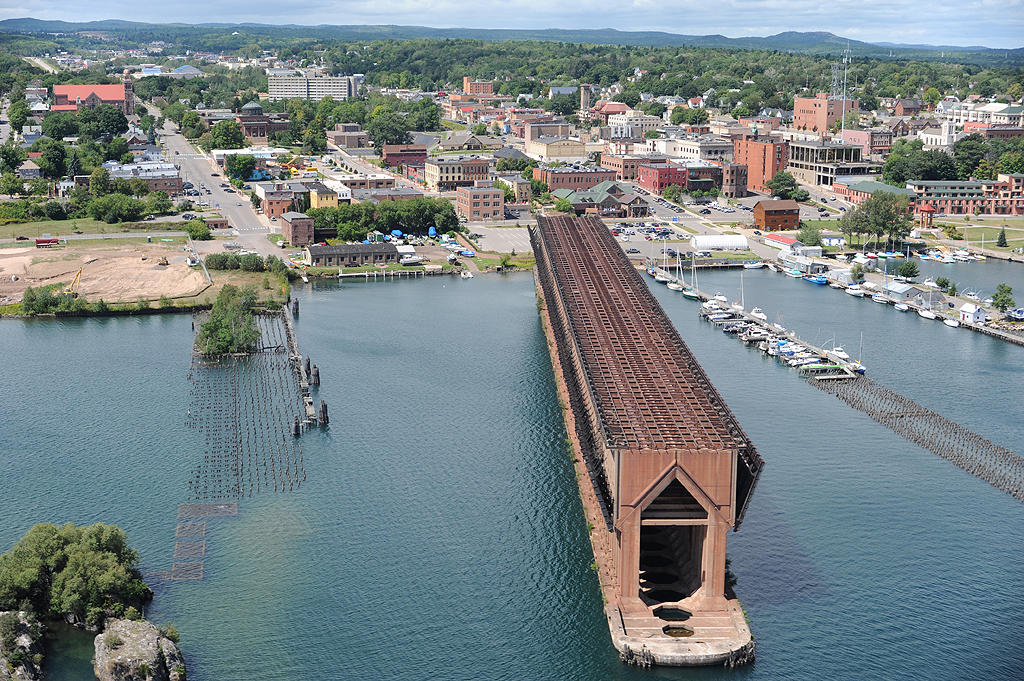
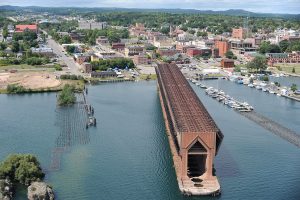 The Community Foundation of Marquette County has joined four other community foundations in the Lake Superior/Upper Peninsula region to release an action plan designed to protect the water resources of the region by limiting the impact of extreme weather events and flooding. The Resilient Future Project seeks to build a community of civic and municipal leaders with the vision and drive to identify and implement strategies to better prepare for severe storm events.
The Community Foundation of Marquette County has joined four other community foundations in the Lake Superior/Upper Peninsula region to release an action plan designed to protect the water resources of the region by limiting the impact of extreme weather events and flooding. The Resilient Future Project seeks to build a community of civic and municipal leaders with the vision and drive to identify and implement strategies to better prepare for severe storm events.